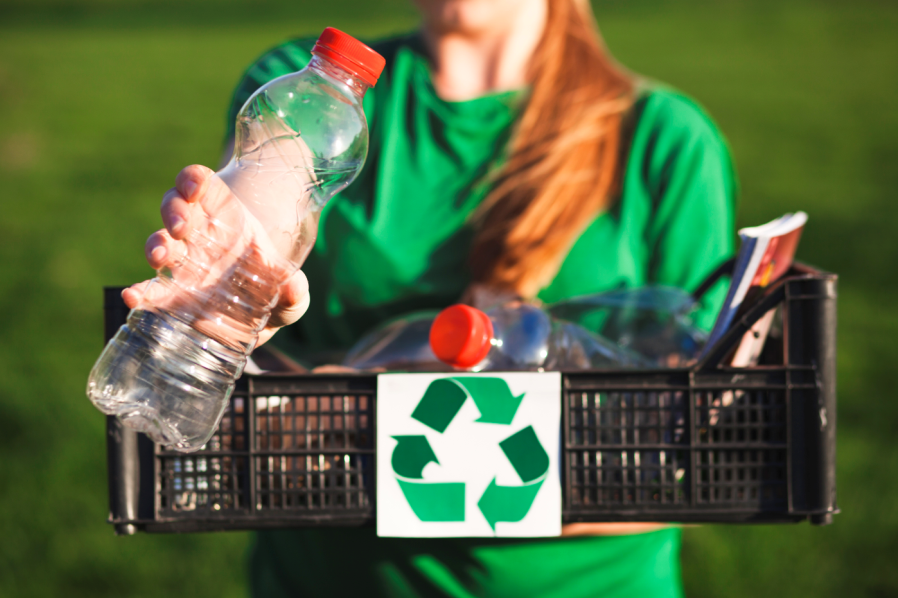
In today's society, sustainability is a watchword, with many consumers focused on reducing their personal impact on the environment and turning to companies to ask for changes that will allow them to shop sustainably and easily.
One of the biggest concerns for a wide range of consumers is plastic pollution, with many environmental groups and consumer collectives calling for a ban on plastic packaging.
All of this has led to a demonisation of plastic, with consumers now focused on finding stores that offer paper and biodegradable solutions.
However, plastic isn't always bad for the environment. There are several reasons why plastic can actually be beneficial for the environment, the corporate market and consumers, as we outline in this article.
Reusable Plastic Is More Durable For Transport Purposes
The majority of the argument around plastics and sustainability revolves around single-use products, such as the wrappings that food comes in. However, plastic is used in a wide variety of ways, and in the logistics and transport markets, these products are usually reused.
For example, plastic pallets are used time and time again, and as they are more durable and sanitary than wooden pallets, they're the superior choice. The pallets from Reusable Transport Packaging are used by companies throughout the logistics and supply chain space and last for many years before they need replacing, unlike more fragile wooden options.
Plastic Is Light, Giving It A Low Transport Footprint
Plastic bottles and jars are light and durable, unlike their glass counterparts. Glass is easily breakable and can wreak havoc when it smashes into small pieces, whereas broken plastic bottles simply split, and can easily be cleared away safely.
As plastic is significantly lighter than glass, from a sustainability point of view, it uses less fuel to transport crates of plastic bottles than it does to carry the same amount of glass containers. As many drinks are created and sold in huge quantities, the disparity can be significant, meaning that suppliers will save vast amounts of fuel if they use plastic as opposed to glass containers to store their liquid products.
Plastic Can Be Used To Make Fuel
One of the biggest issues that environmentalists have against plastic is that it is not biodegradable. While it does not compost as effectively as other materials, it can still be recycled, not just into other plastic products, but also into fuel.
Turning plastic products into fuel is an easy process because plastic is made from oil, meaning that it can be turned into a high-energy fuel quickly and efficiently. The key to this process is making sure that households and businesses that produce plastic waste can easily pass their waste plastic over to companies that can make fuel from them.
Changing the way that the public views plastics, and the way that the business world uses them, may take time and effort. With the environment in such a precarious state, all of this work will be worth it in the long-term, when we are able to keep the world and its precious resources safe for future generations.
Written by Justin Bean
About the Author
Justin is the Business Development and Sales Manager at Resuable Transport Packaging. RTP are an environmentally friendly reseller, distributor and manufacturer of a range of reusable packaging products.
You may also like
How to Build Trust For Your Sustainable Business
4 Reasons Why All Businesses Should Embrace Sustainability
5 Sustainable Habits Your Business Needs to Adopt
